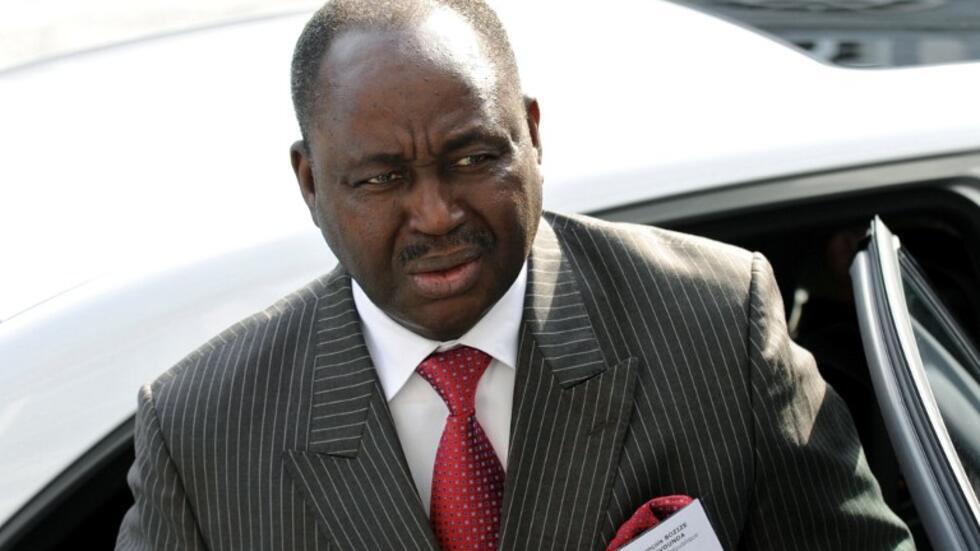Central African Republic appeals for French help to halt rebel advance
The President of the Central African Republic has called on France and the United States to help push back advancing rebel fighters, but the idea has been flatly rejected by the French President.
Issued on: Modified:

The rebels, known as the Séléka alliance, took up arms early this month and are closing in on the capital, Bangui, after taking large swathes of the country’s north and east with little resistance from the army.
The country’s President, François Bozizé, urged former colonial power France to send help.
“We ask our French cousins and the United States of America, the great powers, to help us to push back the rebels…to allow for dialogue in Libreville [Gabon] to resolve the current crisis,” he said in a public speech.
“There is no question of allowing them to kill Central Africans, of letting them destroy houses and pillage, and holding a knife to our throats to demand dialogue,” Bozizé, who himself seized power in a coup in 2003, added.
France has 250 soldiers based at Bangui airport, but the French President, François Hollande, said they would not interfere in the escalating conflict.
“If we are present, it is not to protect a regime. It is to protect our nationals and our interests, and in no way to intervene in the internal affairs of a country,” Hollande said.
He added France would “intervene only if there is a United Nations mandate…but that’s not the case [here].”
On Wednesday, demonstrators close to the regime protested outside the French embassy and attacked the offices of Air France in Bangui, calling for France to intervene.
The Séléka claim Bozizé and his government have not stuck to the terms of peace deals signed between 2007 and 2011.
Since the ill-equipped Central African Army proved little challenge to the insurgents, Bozizé asked for help from neighbouring Chad, which also helped him during rebellions in 2010 in the country’s north.
As the situation escalates, the United Nations ordered more than 200 non-essential staff to leave the country.
The United States has also urged all of its citizens to leave.
The Economic Community of Central African States [ECCAS] told the news agency AFP it is trying to broker a truce.
Daily newsletterReceive essential international news every morning
Subscribe